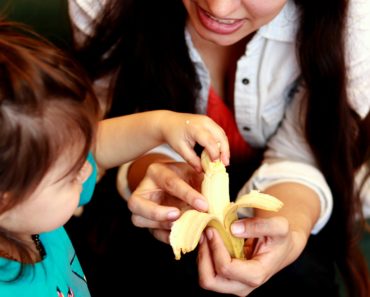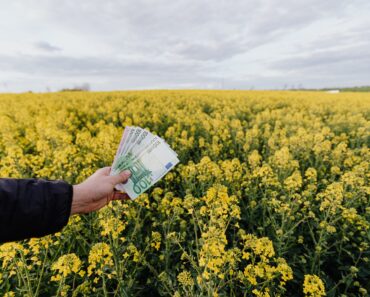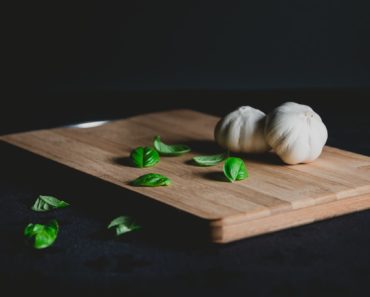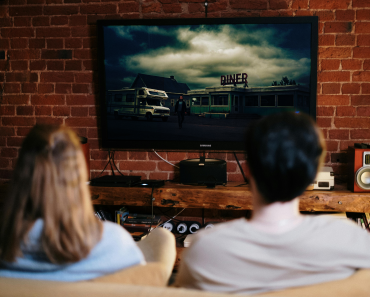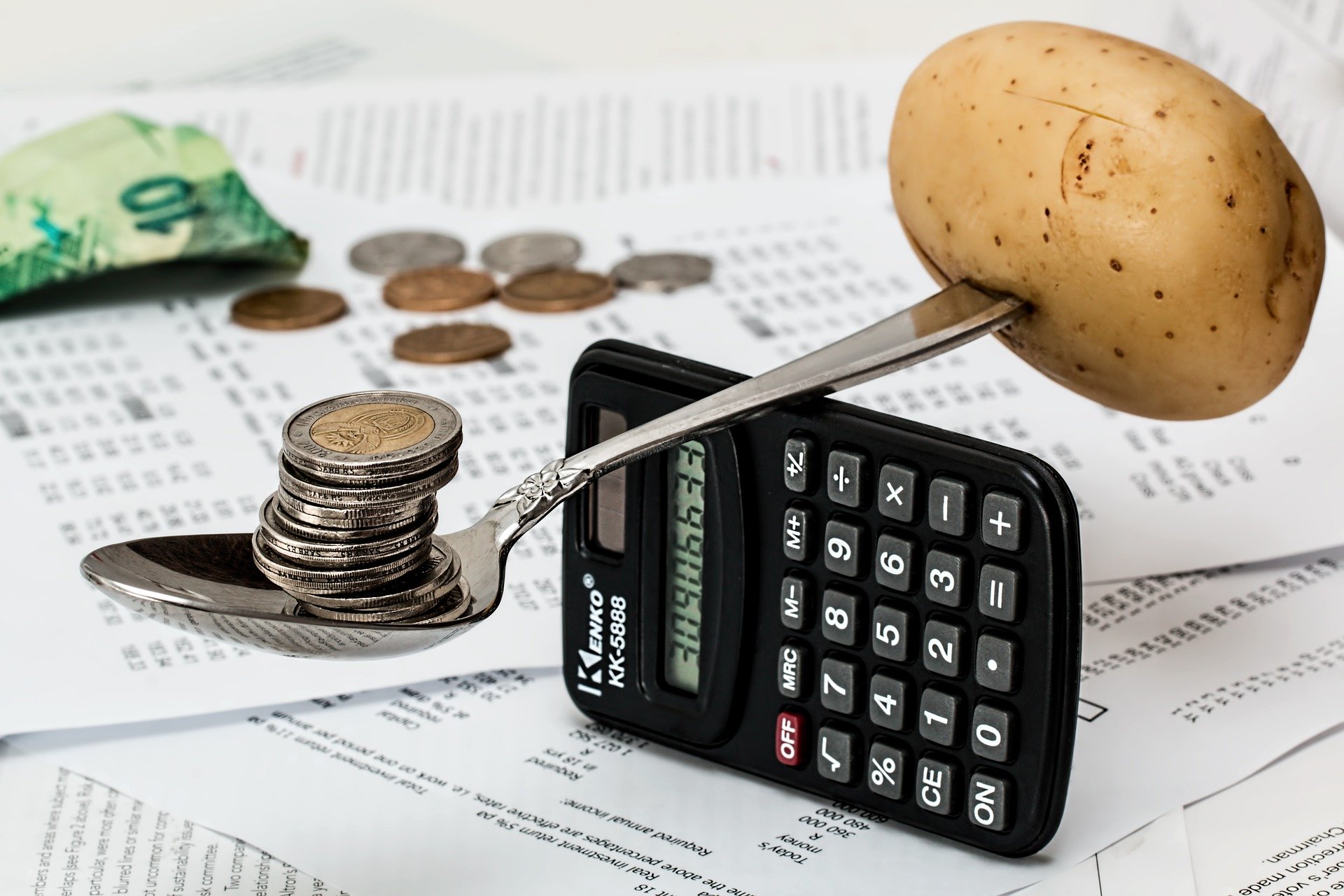
Money is very important in our life, we use it everyday. For instance, we use money to buy groceries at the supermarket or a new outfit at the mall, or to pay the plumber to repair a broken faucet. But what is money? What makes it so seemingly magical that everyone accepts it as a form of payment? To understand how money works, we need to go back to the origins of money; the barter system.
The barter system
Billy is a lumberjack and Mary is an egg farmer. After chopping down many trees, Billy soon has more wood than he needs. Similarly Mary soon has more chickens and more eggs than she can eat. That means they have a surplus. Billy after chopping down all the trees is now very hungry and would very much like some food. And Mary would like some firewood so she can cook her food and thus a trade will develop between Billy and Mary. Given enough time an exchange rate will also develop say one egg for one medium sized log. but these rates could change if some of the chickens died Mary might demand more logs per egg since she will have less eggs now to trade. If there were a forest fire, the lumberjack might want more eggs in exchange for his wood.
The double coincidence of wants
Now although this seems perfectly fine. Barter has a disadvantage which economists call the double coincidence of wants. To put it plainly this means that to barter you must find someone who has what you want and wants what you have, this obviously limits trade tremendously.
For example let’s say an apple farmer will call him Jack enters the scene. Mary would like to buy an apple but Jack doesn’t want any chickens or eggs he wants firewood. Mary will have to trade for some wood with Billy before she can trade for an apple from Jack.
The more people that enter our society the more confusing trade will become, and here we come to how money originates. To solve the double coincidence of wants, people will find a commodity that everyone wants, like Billy discovering the diamond mine and try to gain a surplus of that commodity, not because of its usefulness, but because they can trade it to gain what they want. And that is what money is a medium of exchange. You see how much easier it is to trade now! Everyone is willing to trade his or her goods for diamonds. So what makes a commodity useful as money? Over the years economists have narrowed down five main characteristics that most forms of money have
-
Money must be divisible
So that exchange rates can be made. Mary would have a hard time selling half of an egg, making the egg less likely to become a form of money.
-
Money must be portable
Money requires a high value per unit weight, or portability panel for instance are too large to carry around easily and less don’t make good money either.
-
Money must be durable
Money needs to retain its value over time, it must be durable. For example, Mary’s eggs would not make very good money because if they are kept for too long, they will go rotten.
-
Money must be recognizable
People must be able to easily identify that it is money and every piece must be uniform so that it can be accurately counted and measured.
-
Money must be scarce
High value in relation to weight and volume, this is what gives money its value. For example, if Diamonds weren’t scarce, but as common as ordinary stones, Billy and Jack and Mary wouldn’t want to trade for them anymore.
Now over the years many different commodities have served as money, tobacco, sugar, salt, shells beads and pieces of paper with politicians faces on them. But two dominant commodities have been used the most; gold and silver, because they perfectly satisfy the five characteristics. And for good reason gold has ornamental value and can be easily divided and carried around. Only certain acids can destroy it. Everyone knows this yellow metal when they see it, and there’s a limited supply of gold in the world which makes it scarce.
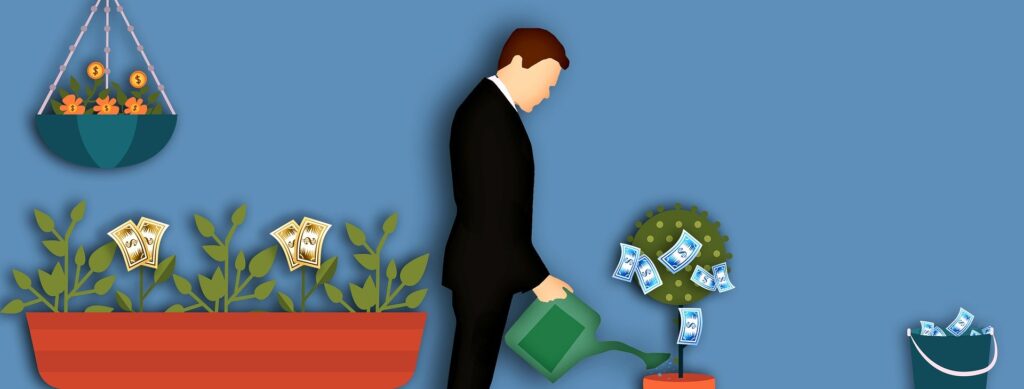
So the next time you use money at the store think about whether the money you are using truly satisfies the five characteristics of money.
Read also: Here’s a Quick History About The Greek Debt Crisis


